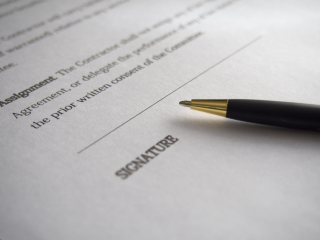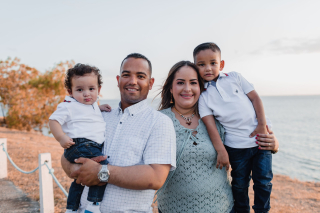 “Until death do us part” sounds very different when you are in your twenties and getting married for the first time. As a couple travels through a life together, the time comes to create or revise an estate plan.
“Until death do us part” sounds very different when you are in your twenties and getting married for the first time. As a couple travels through a life together, the time comes to create or revise an estate plan.
Granted, the estate planning process isn’t as much fun as planning a wedding but preparing for property distribution and planning for incapacity is a way to protect your spouse from having to deal with most preventable issues during a crisis. It can also prevent any number of unpleasant surprises.
Despite this, 17% of adults don’t think they need a will, believing that estate planning is only for the very wealthy. No matter how few assets it seems someone owns, completing a few documents can make a huge difference in the future.
 Houston Estate Planning and Elder Law Attorney Blog
Houston Estate Planning and Elder Law Attorney Blog










